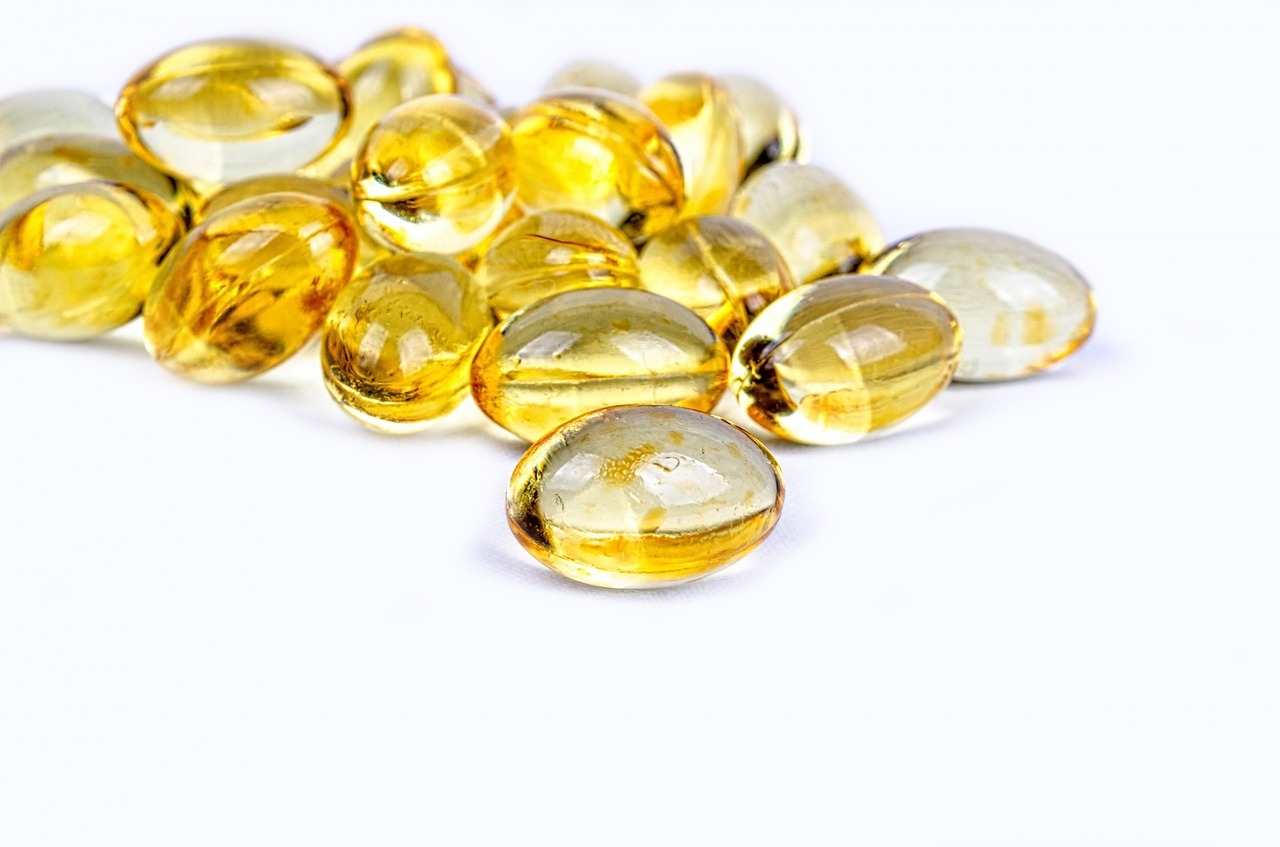
Get rid of itching by using these natural skin moisturizers
Imagine how awful it is to experience an ongoing itch, be it due to dry skin, bug bite, or itchy rash. It’s difficult to concentrate on anything else the itch. And even though scratching can provide some relief, it will eventually cause the itch to get worse. Your dog is just as unhappy when the itch will not go away. There are a variety of ways to treat your pet’s itchy skin.
Itching is not the only cause that needs a prescription drug or treatment. Baths with oatmeal or fish oil baths, as well as baking soda are just a few products you can make use of to treat your pet’s itch at home. While you may be able to provide some relief and decrease the desire for scratching, it’s vital to address the root of the problem that causes an ongoing or persistent itching, regardless of whether it’s the result of an allergic reaction, flea bites, or an auto-immune disease.
When is the best time to call the Vet?
A little bit of itching occasionally isn’t an indication of health issues However, should your dog begin to exhibit other signs like constant or continuous itching, excessive licking, difficulty in settling or restlessness from itching, lack of appetite, or mood that is depressed, speak to your veterinarian right away.
It is essential to address the root cause of your dog’s intense chronic itching to prevent the development of open cuts or hot spots. infections of the skin. Based on the cause the vet might prescribe oral medications, medicated shampoos prescription ointments, and other medications and treatments to treat the root reason for the itching and soothe the inflamed skin.
If you find that your pet’s itching is mild or occasional but it is not severe there are many 100% safe, natural ways to manage mild or occasional irritations at home. Actually, you may already have the majority of these remedies you need in your pantry. Here are seven easy remedies that will give your pet a bit of relief.
Ask your veterinarian before commencing any treatment for your dog. Also, stop the treatment if the dog’s symptoms persist or get worse.
Colloidal Oatmeal Baths

This old-fashioned remedy isn’t just a folk tale. A bath with colloidal oatmeal will really soothe your dog’s skin irritation by decreasing inflammation and washing away allergens that are trapped inside the. It doesn’t matter if you purchase pre-made colloidal oatmeal (it’s created by grinding oatmeal until it’s a fine powder, then boiling it in order to extract its colloidal) or grind regular and sugar-free oatmeal into a fine powder The anti-inflammatory properties of colloidal oatmeal help reduce swelling, redness and itching, as well as help cool your dog’s hot and discomforting surface. 1 What’s even better, oatmeal is non-toxic, which means you don’t have to be worried about your dog getting an itch.
Apple Cider Vinegar
Apple cider vinegar is an excellent ingredient in salad dressings made from homemade However, did you know it could help treat minor yeast infections that affect the skin too? 2 Simply mix a 50-percent mixture of apple cider vinegar and 50 percent water in an unclean spray bottle and spray your pet’s areas of itching with the mixture. If your dog’s paws have become affected, you can make use of the solution to provide a comfortable paw soak that lasts at least five minutes. Avoid using apple cider vinegar to treat damaged skin since it may cause irritation. There’s not a lot of research that has been published about the effectiveness or safety of vinegar on dogs and there’s a chance of GI upset and tooth damage if teeth consume vinegar, which is why drinking vinegar or adding it to their water isn’t advised.
Apple cider vinegar is recommended to not be used on skin that is raw or on open wounds. It could cause extreme pain for your dog and can aggravate the symptoms.
Fish Oil

Fish oil, also known as omega-3 fatty acids, has been proven to improve coat health and reduce general inflammation in the body. Omega 3 fats are usually administered via liquids or capsules with no side negative effects (occasional pets could be more susceptible to gas, or soft stool) They have also released research that supports benefits in joint health, kidney, heart, and overall brain well-being.
Contrary to fish oil although there is data from anecdotes about coconut oil usage on dogs, there aren’t any research studies that support the claims of relief from itching or better skin health. In addition, coconut oil as well as other fatty food items can cause dogs to be prone to GI upset or pancreatitis if they rub it off their skin or add unnecessary energy to the diet.
Chamomile as well as Green Tea Soaks
Green tea and chamomile are famous for their soothing anti-inflammatory properties in humans, but they also work for canines, as well. 4 If your dog has itchy, hot areas of skin Try taking it for a relaxing bath in either a green or chamomile bath.
Here’s how The trick is to fill your bathtub or sink with water that is lukewarm and allow several tea bags to soak for between three and five minutes. After that, take out the tea bag and allow your pet soak in the tea for a minimum five minutes. If you wish to your dog’s skin take a tea bag, let it steep and allow it to cool after applying tea onto the areas that are affected.
Aloe Vera
If you’ve ever experienced sunburn, then you’re aware aloe vera, a natural ingredient can be an instant lifesaver. It’s not just an effective healing agent, it can also help minimize redness, and also draw unwanted warmth away from your skin. 5 You can apply the gel of aloe vera directly on your dog’s sunburn areas. Many drug and grocery stores carry 100% natural aloe vera or you can collect the aloe plant if there is one in your home.
Warning
It is important to choose an aloe vera gel that does not contain alcohol or other alcoholic substances, as you run the risk of burning the skin of your dog and aggravate its ailments. 6
Baking soda
A staple in your pantry, baking soda can be more than just making your baked items rise. When it is combined with water and incorporated into a smooth paste baking soda is able to dry out skin rashes reduce itching and decrease inflammation and redness. 7 All you need to do is mix 50 percent baking soda with 50 percent water, and apply the mixture on the areas that are itchy of the pet’s skin. After 20 minutes, wash thoroughly. To make a moisturizing mix you can add a small amount of coconut oil that is high-quality to the mix. If your dog is suffering from body itching, you could include even a bit of baking soda in the bath.
A Balanced Diet
Feeding your pet an appropriate diet that contains high levels in omega-3 fatty acids, as well as healthy carbohydrates can soothe and heal the skin all over. How? A large number of canines have allergies to the ingredients that are found in the standard beef, chicken or turkey-based dog food and also gluten or wheat ingredients. 8 The addition of fish-based or food items that contain sweet potatoes can ease the symptoms that are associated with food allergies in dogs. Additionally, fish that are fatty are high in omega-3 fatty acids. They have been proven to lower inflammation, improve digestion and help improve the health of your skin. 3 Just keep in mind that you should be sure to consult with your veterinarian before altering your dog’s diet, or adding new supplements.
FAQ
What is it that my dog is scratching so badly?The dog’s skin is itchy for numerous reasons, including allergies, fleas and fleas, issues, and even skin infections. The more your pet scratches and scratches, the more likely it is to cause irritation or inflammation to its skin, which can cause an increase in itching. This is why it’s imperative to take action to get rid of an ongoing itch as quickly as you can.
What should you feed to a dog suffering from extreme itching?
There are a variety of treatments available that your dog can receive, based on the type of diagnosis. This is the reason it’s crucial to consult your vet. Aside from flea and allergy shampoos, there are medications–antihistamines and steroids, for example–that will get to the root of the problem.
Why is my dog scratching as well as losing its hair?
A persistent scratching triggered by an itching condition can lead to bald spots, as well as irritation and inflammation of the skin. Certain parasitic infections, and other kinds of skin diseases, could cause bald spots.
An appointment with a vet is necessary when your dog has lost its hair. There are numerous causes that vary from minor to severe. The vet will conduct tests to identify the reason and then treat the issue accordingly.